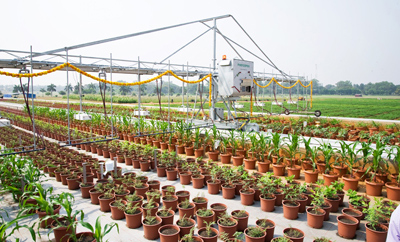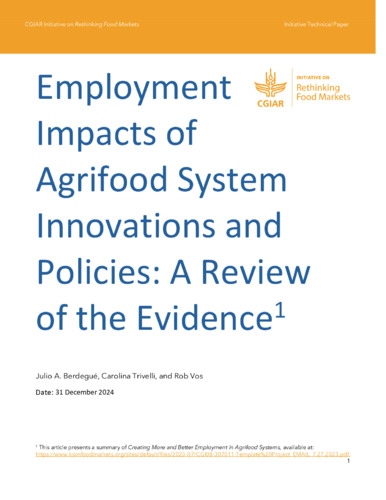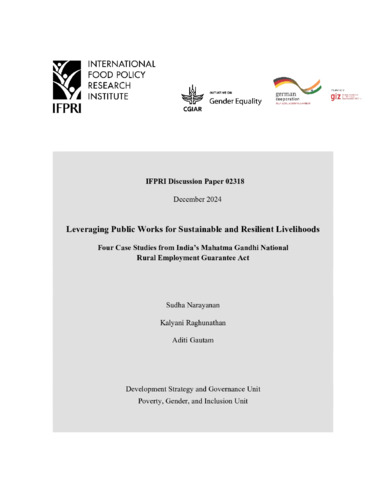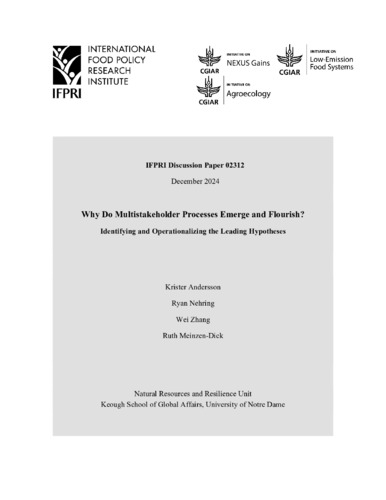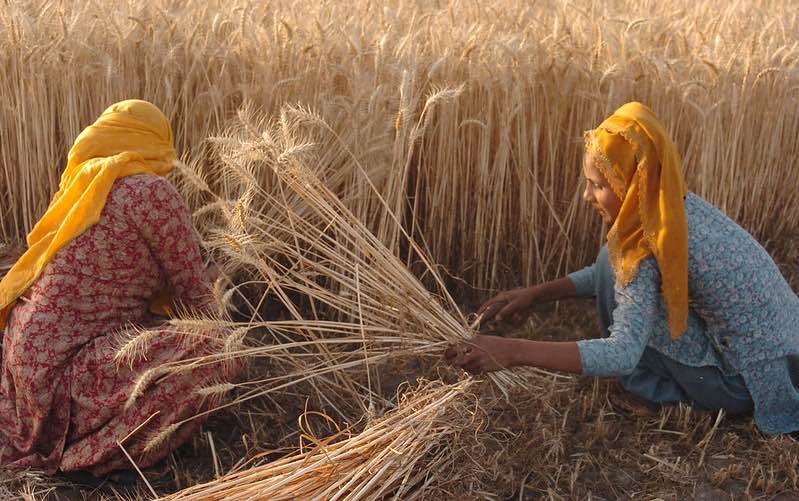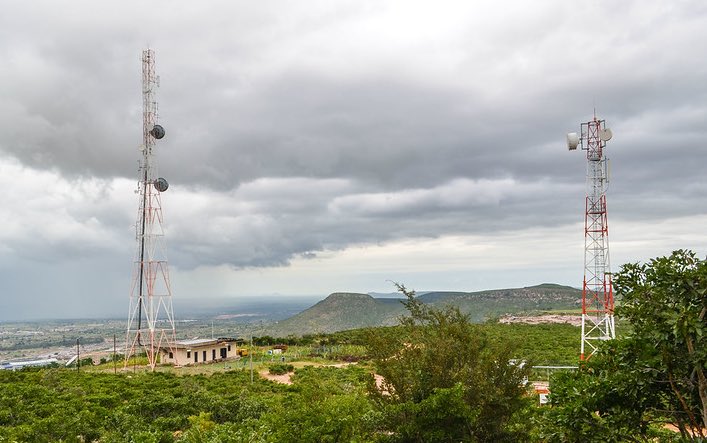Why do multistakeholder processes emerge and flourish? Identifying and operationalizing the leading hypotheses
The literature on Multistakeholder Processes (MSPs) includes several studies that seek to specify the conditions under which MSPs perform well and deliver tangible governance improvements that would otherwise not happen. This is important research as MSPs are gaining popularity as an alternative to more traditional governance strategies, such as centralized, government-led activities. MSPs are often proposed in institutional settings where formal governance institutions are perceived to be ineffective or inequitable. In principle, studies that explain variation in MSP outcomes have the potential to inform MSP organizers and their decisions about how to organize their future MSPs in ways that save resources and improve outcomes. However, the existing MSP research programs demonstrate at least three limitations: First, the literature is characterized by the production of long lists of potential determinants of MSP performance, which makes it challenging for researchers to offer practical advice as to which of these factors is most important for MSP organizers to address first, and under which contextual conditions. Second, there is little agreement among scholars about what the core elements of a well-functioning MSP are, which elements affect mostly the emergence vis-à-vis effectiveness, and it is rare that studies specify which conditions or factors are essential and which may be helpful but not critical ingredients of success. Third, there is a dearth of theory-driven research that uses causal inference methods to test the theoretical propositions, which means that it is difficult to assess the quality of evidence in literature’s existing, mostly descriptive analyses. To advance knowledge about the emergence and flourishing of MSPs, and move beyond the production of long lists of associative success factors, there is an urgent need for researchers to come together in a community of practice to address the noted shortcomings. The Community of Practice will also promote the development of new and innovative ways of conducting MSP work, which will enable researchers to improve outcomes in terms of both cost-effectiveness and equity. In this paper, we review and synthesize the leading hypotheses on MSP emergence and effectiveness, develop a theoretical framework that captures the leading hypotheses, and discuss the viability of employing causal inference methods to test new hypotheses related to the emergence and flourishing of MSPs. We conclude by outlining the contours of a community of practice and how it can help advance MSP scholarship.
Authors
Andersson, Krister; Nehring, Ryan; Zhang, Wei; Meinzen-Dick, Ruth S.
Citation
Andersson, Krister; Nehring, Ryan; Zhang, Wei; and Meinzen-Dick, Ruth S. 2024. Why do multistakeholder processes emerge and flourish? Identifying and operationalizing the leading hypotheses. IFPRI Discussion Paper 2312. Washington, DC: International Food Policy Research Institute. https://hdl.handle.net/10568/168720
Keywords
Stakeholders; Fora; Research
Access/Licence
Open Access
Project
Low-Emission Food Systems
